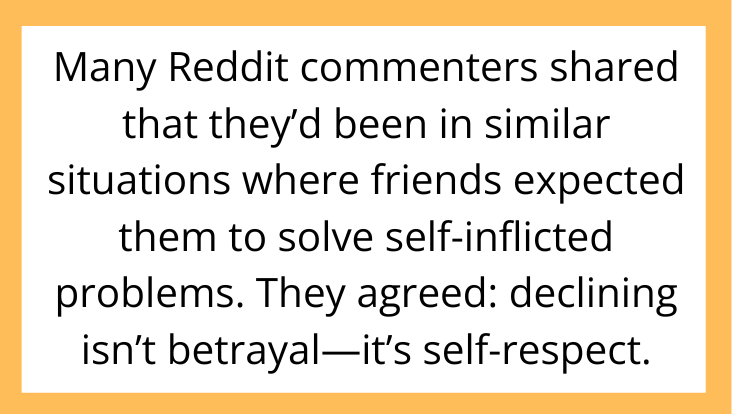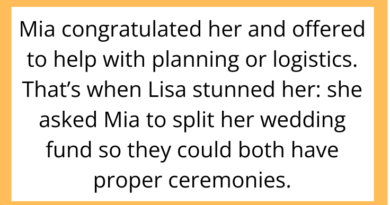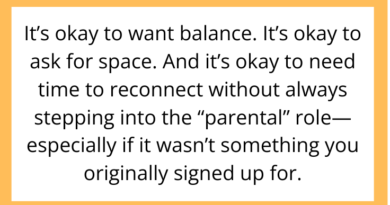AITAH for Refusing to Lend My Friend Money After They Spent Their Rent on Concert Tickets?
I recently came across a fiery debate on the r/AITAH subreddit that caught my attention: Am I the problem for refusing to bail out a friend who blew their rent money on concert tickets?
This situation highlights an uncomfortable truth about friendship, responsibility, and financial boundaries. Let’s dive into the story and explore where the lines are drawn.
The Story: When Fun Comes Before Responsibilities

A Reddit user shared that their close friend called them in a panic after spending their entire rent money—almost $1,500—on VIP passes to see their favorite band.
When rent came due, the friend turned to OP, expecting them to cover the shortfall because, in their words, “friends help friends.”
OP earns a modest income, works hard to pay their own bills, and was saving for an emergency fund. So they politely but firmly declined, suggesting the friend sell the tickets or ask family for help.
This didn’t go over well. The friend exploded, accusing OP of being heartless and “acting like a banker instead of a friend.”
Friendship vs. Enabling: Where Is the Line?

When Helping Turns Into Rescuing
Many of us want to support the people we care about. But helping someone repeatedly avoid the consequences of their choices isn’t kindness—it’s enabling.
Enabling looks like:
-
Covering expenses when someone spends irresponsibly
-
Pretending there’s no problem to avoid conflict
-
Sacrificing your own stability to save them
True friendship sometimes requires saying no. In this story, OP did just that, and the friend reacted with guilt-tripping and manipulation.
The Pressure of “You Owe Me”
Emotional Blackmail in Friendships
One reason this scenario struck a nerve was the friend’s insistence that OP “owed them.”
According to OP, the friend claimed, “After everything I’ve done for you, the least you can do is spot me this once.”
This mindset—keeping a tally of favors—is a recipe for resentment. Healthy relationships don’t hinge on IOUs. They’re based on mutual respect and understanding.
Financial Boundaries Are Self-Respect

It’s Okay to Say No
Setting boundaries doesn’t mean you don’t care. It means you value your well-being and stability.
OP didn’t shame their friend or criticize them for buying tickets. They simply chose not to take on a burden they couldn’t afford.
Many Reddit commenters shared that they’d been in similar situations where friends expected them to solve self-inflicted problems. They agreed: declining isn’t betrayal—it’s self-respect.
The Fallout

After OP said no, their friend blocked them on social media and spread the story among mutual acquaintances. Some mutual friends called OP cold, while others admitted the friend’s spending habits were out of control.
This left OP wondering: AITAH for protecting my own finances instead of rescuing someone who made a reckless choice?
The Community’s Verdict
Thousands of Reddit users weighed in, and the overwhelming consensus was that OP was not the problem.
Refusing to subsidize someone else’s impulsive decision is a responsible choice. It doesn’t make you unkind or disloyal.
Lessons from This AITAH Scenario

Here are a few important takeaways:
-
Boundaries are healthy. You can care about someone without cleaning up their messes.
-
You are not a safety net. Your income is not a backup plan for others.
-
Emotional blackmail isn’t love. Demands framed as “proof of friendship” are manipulation.
-
Stand firm in your values. If someone cuts you off because you said no, that says more about them.



